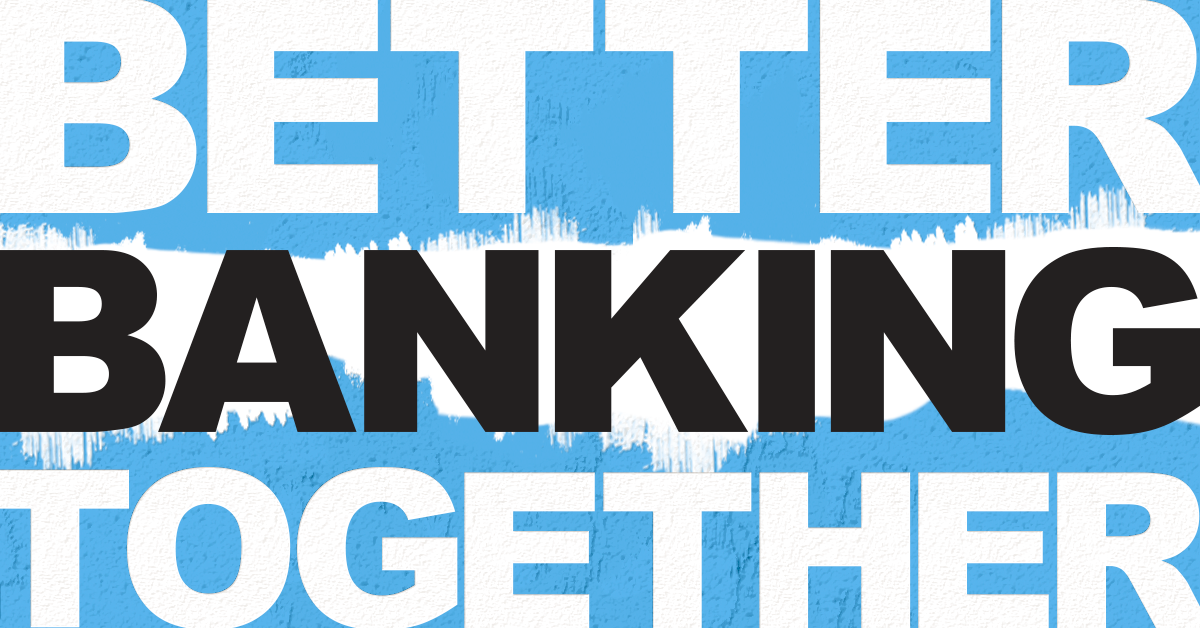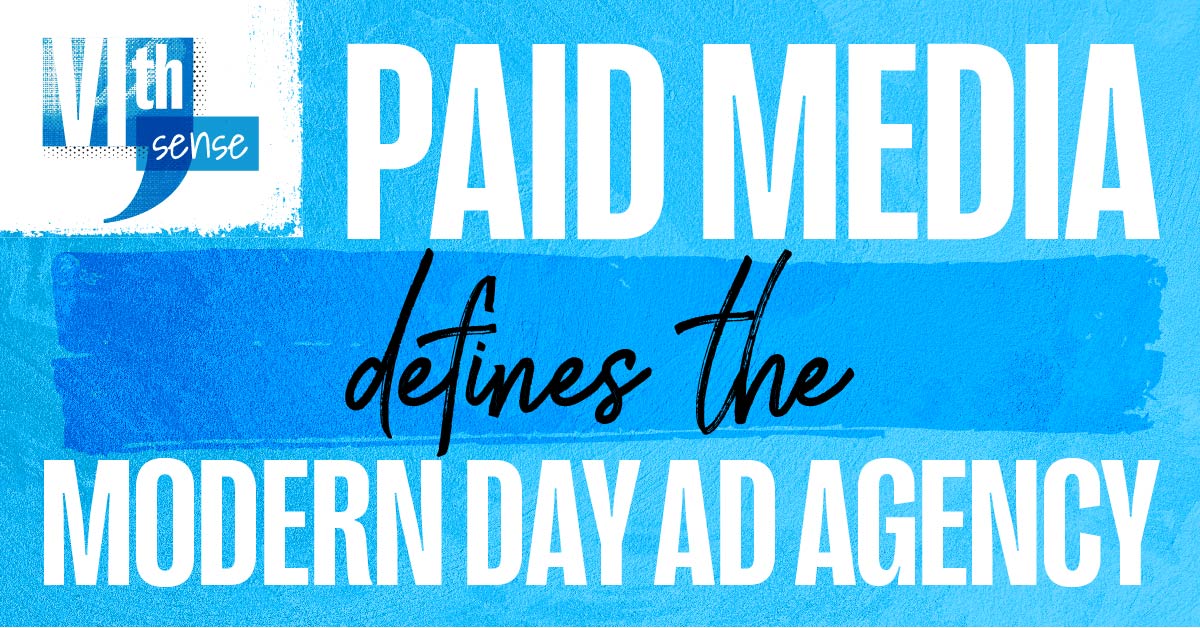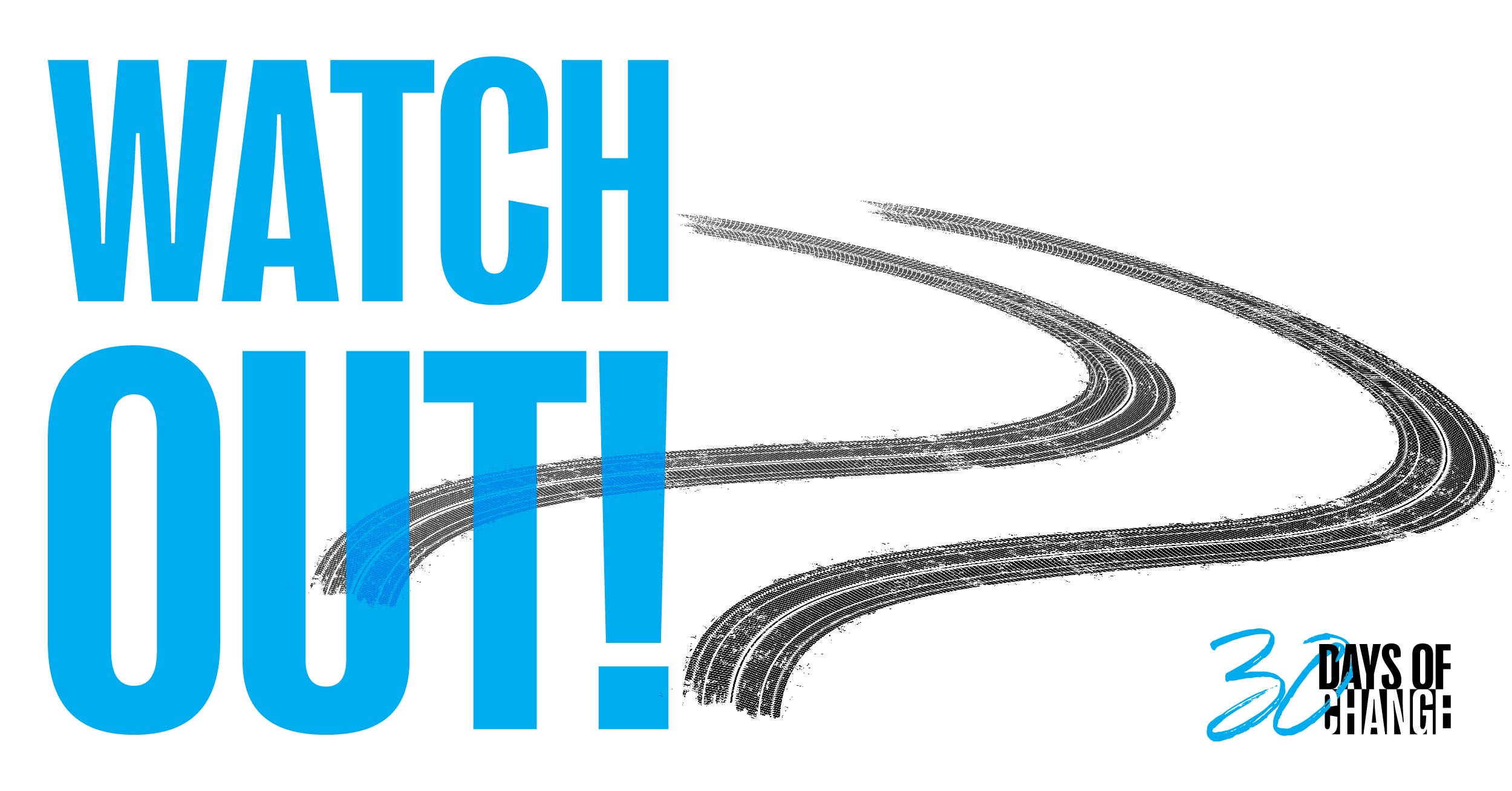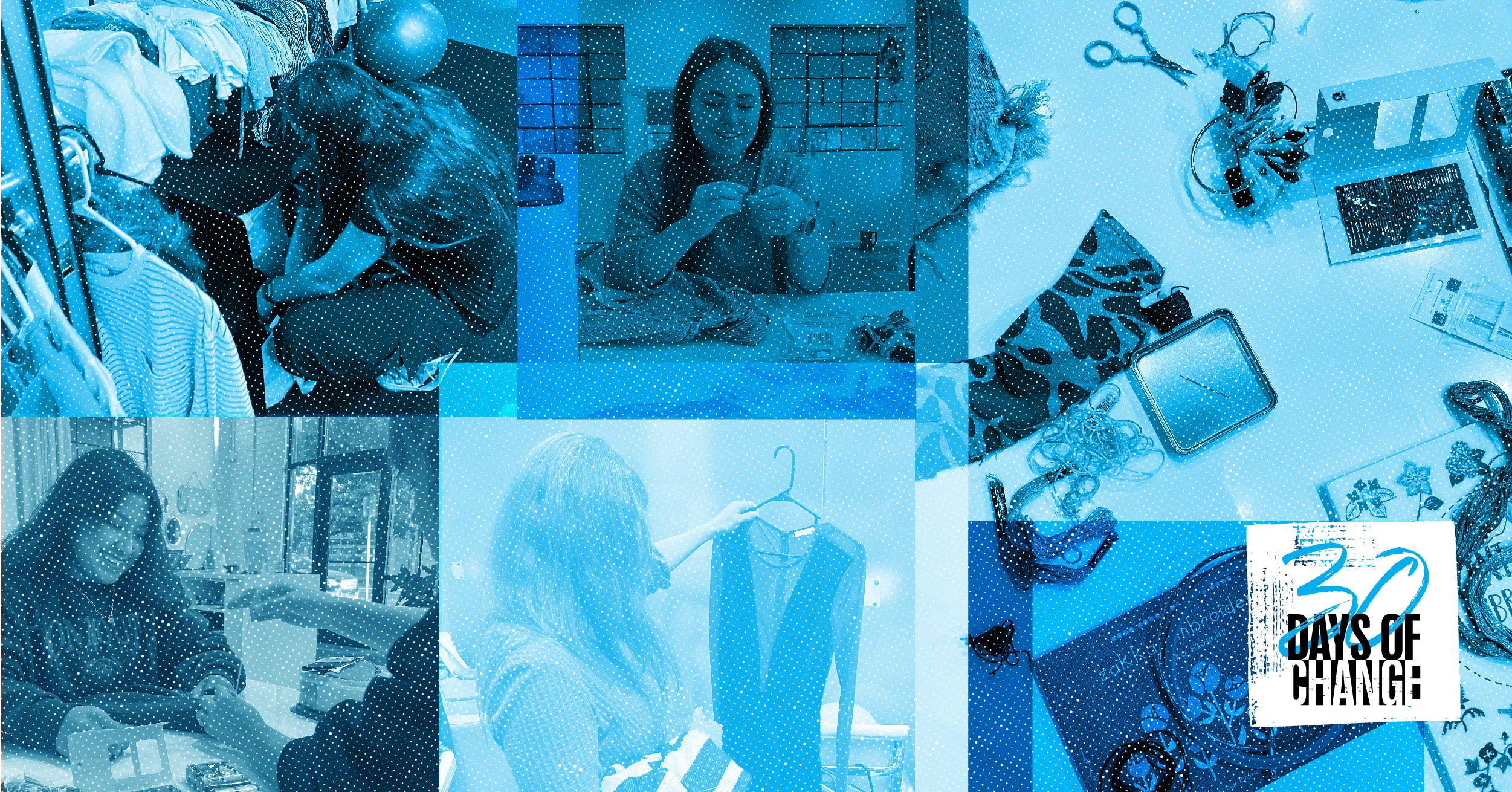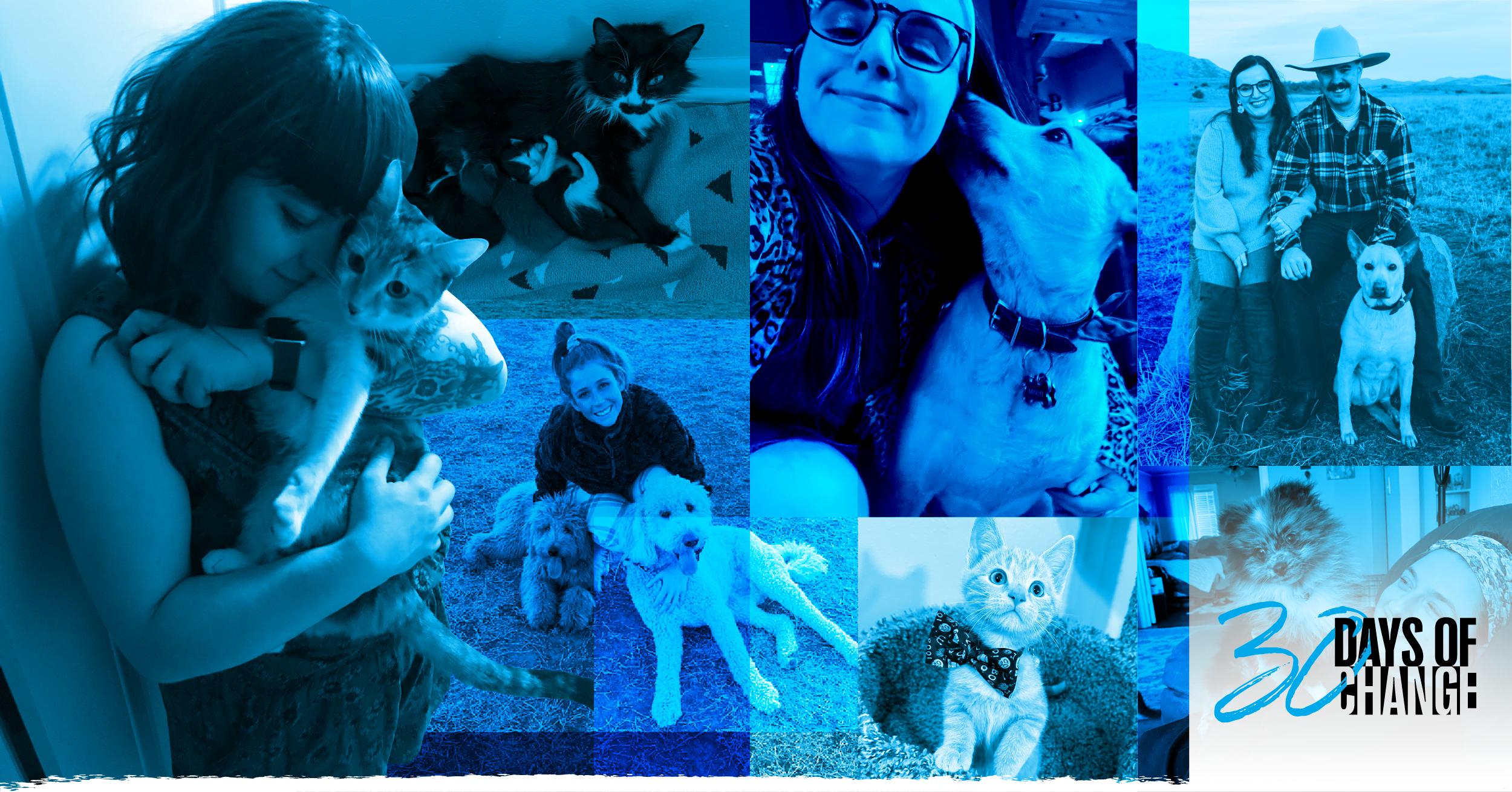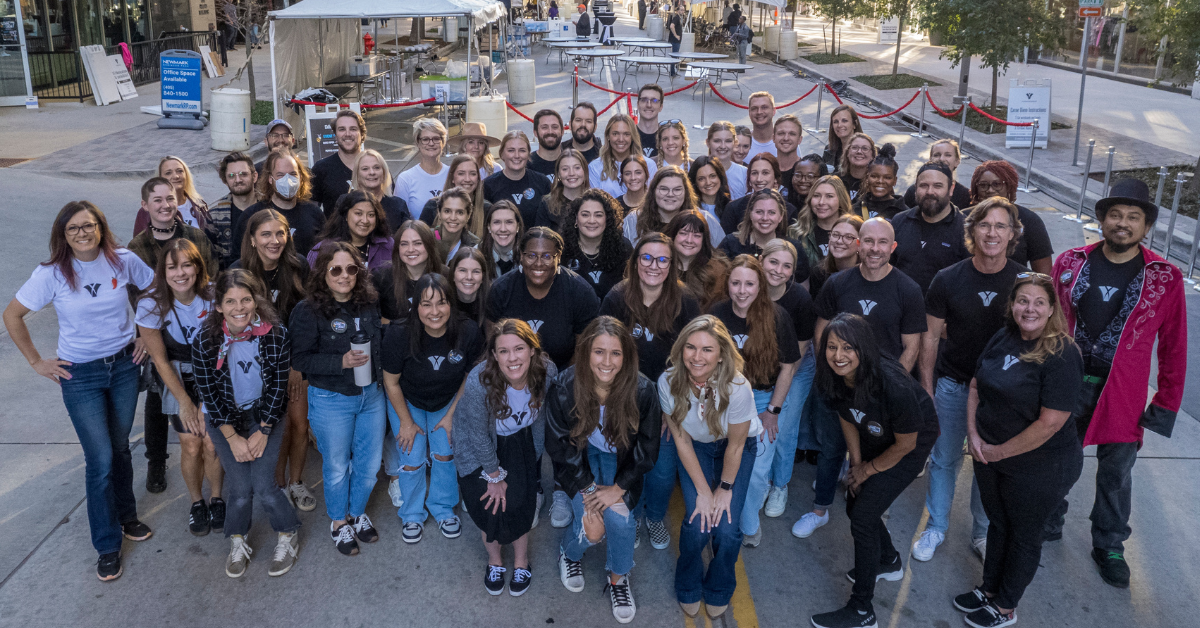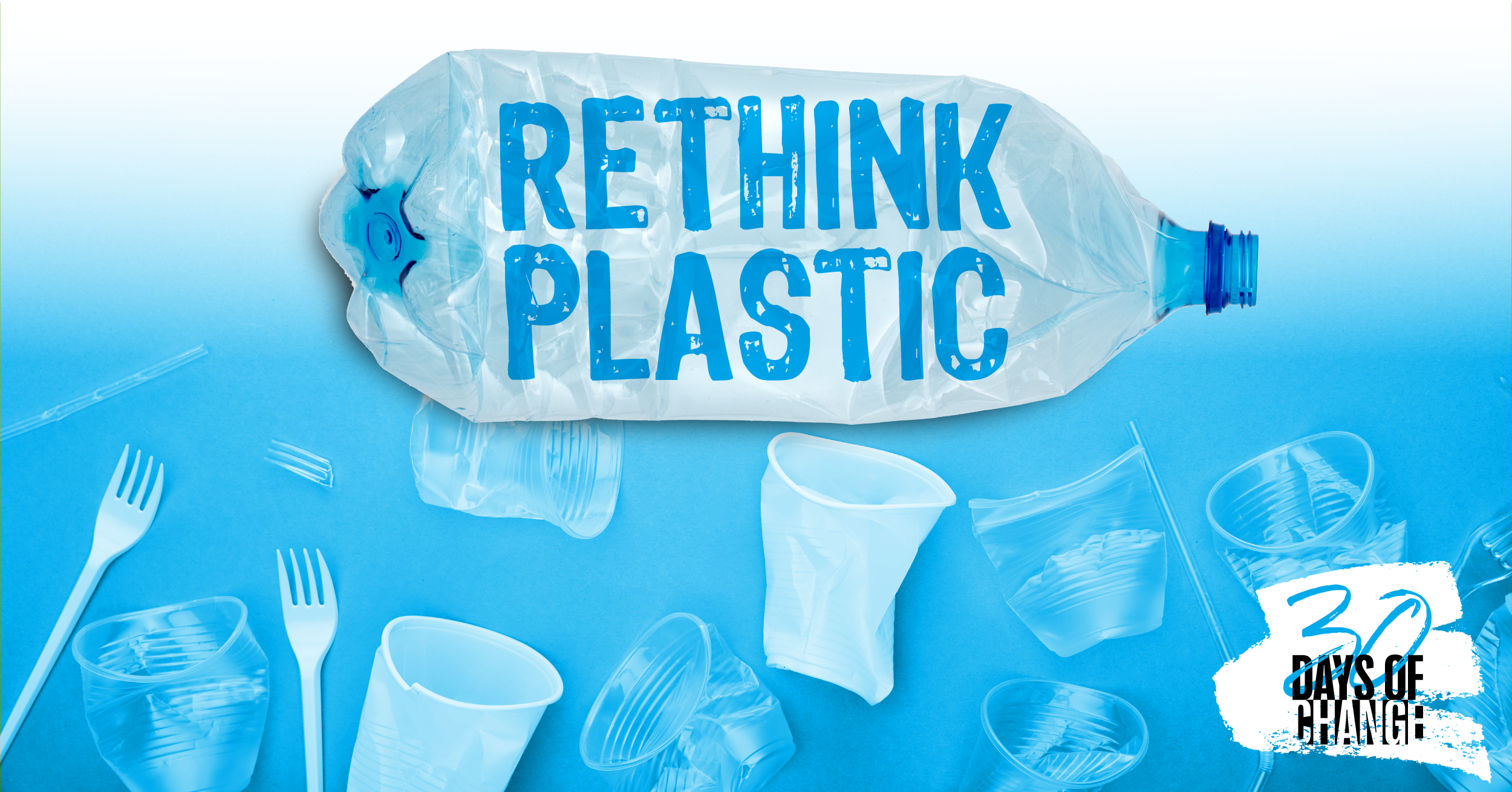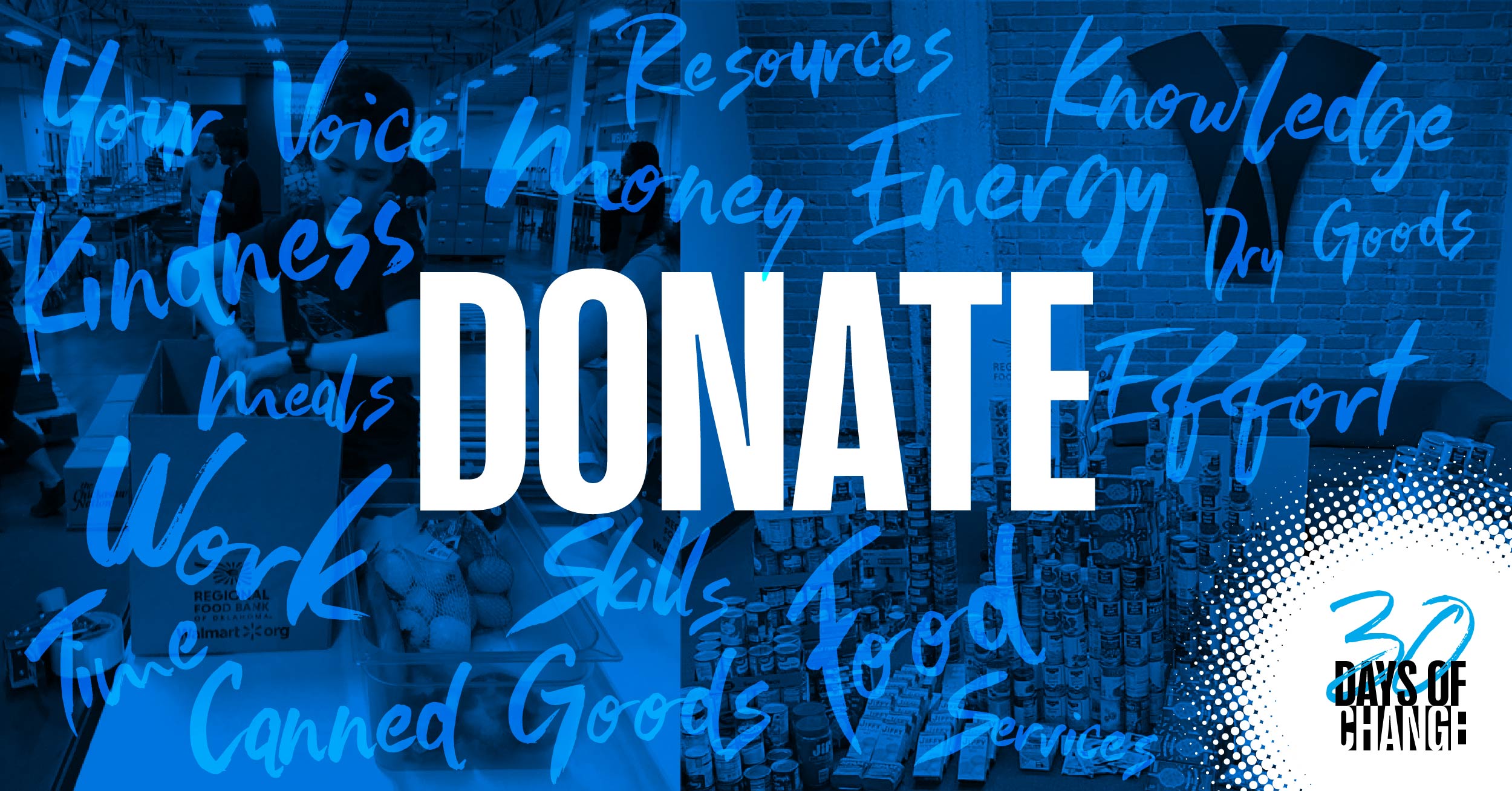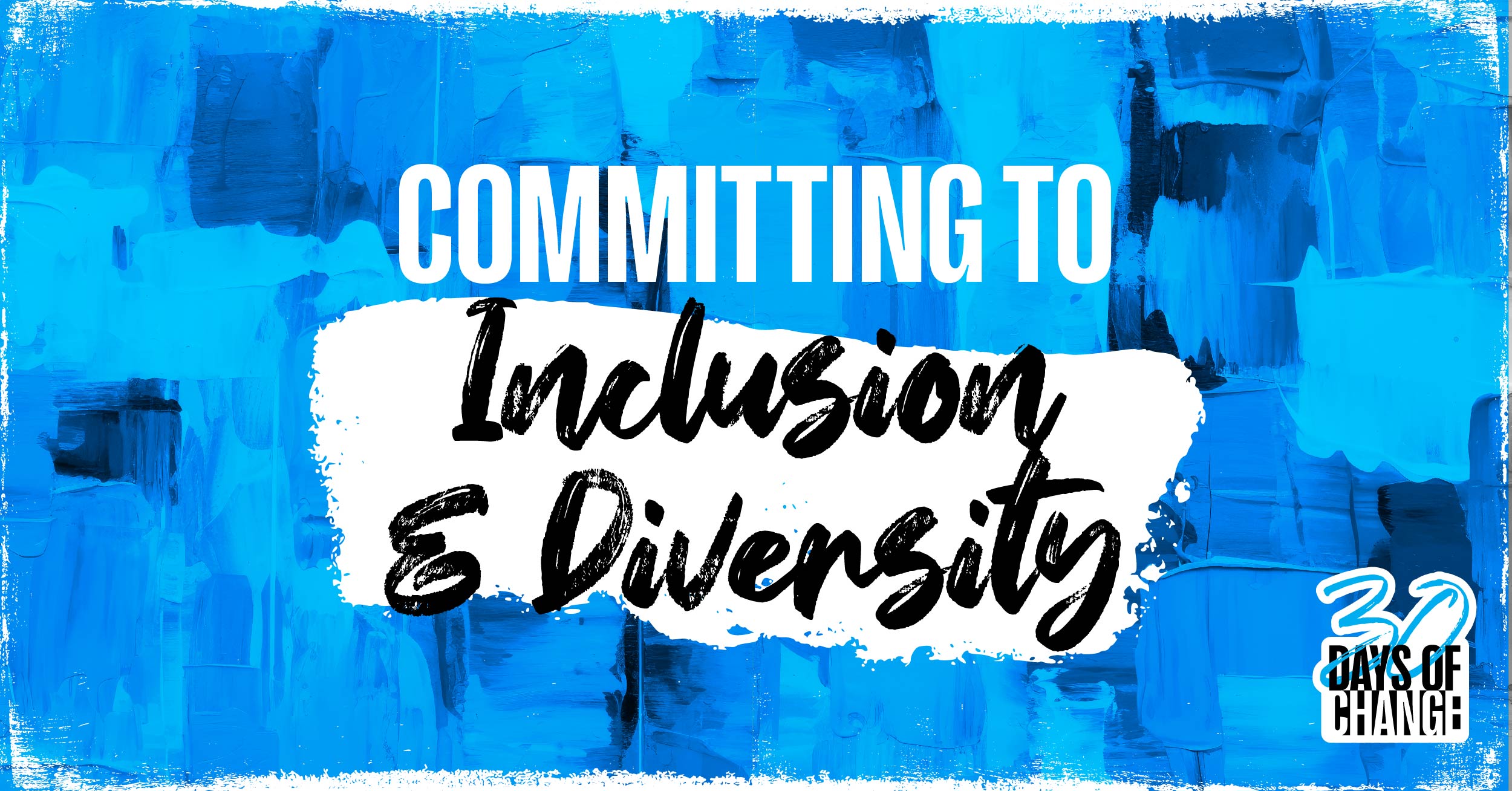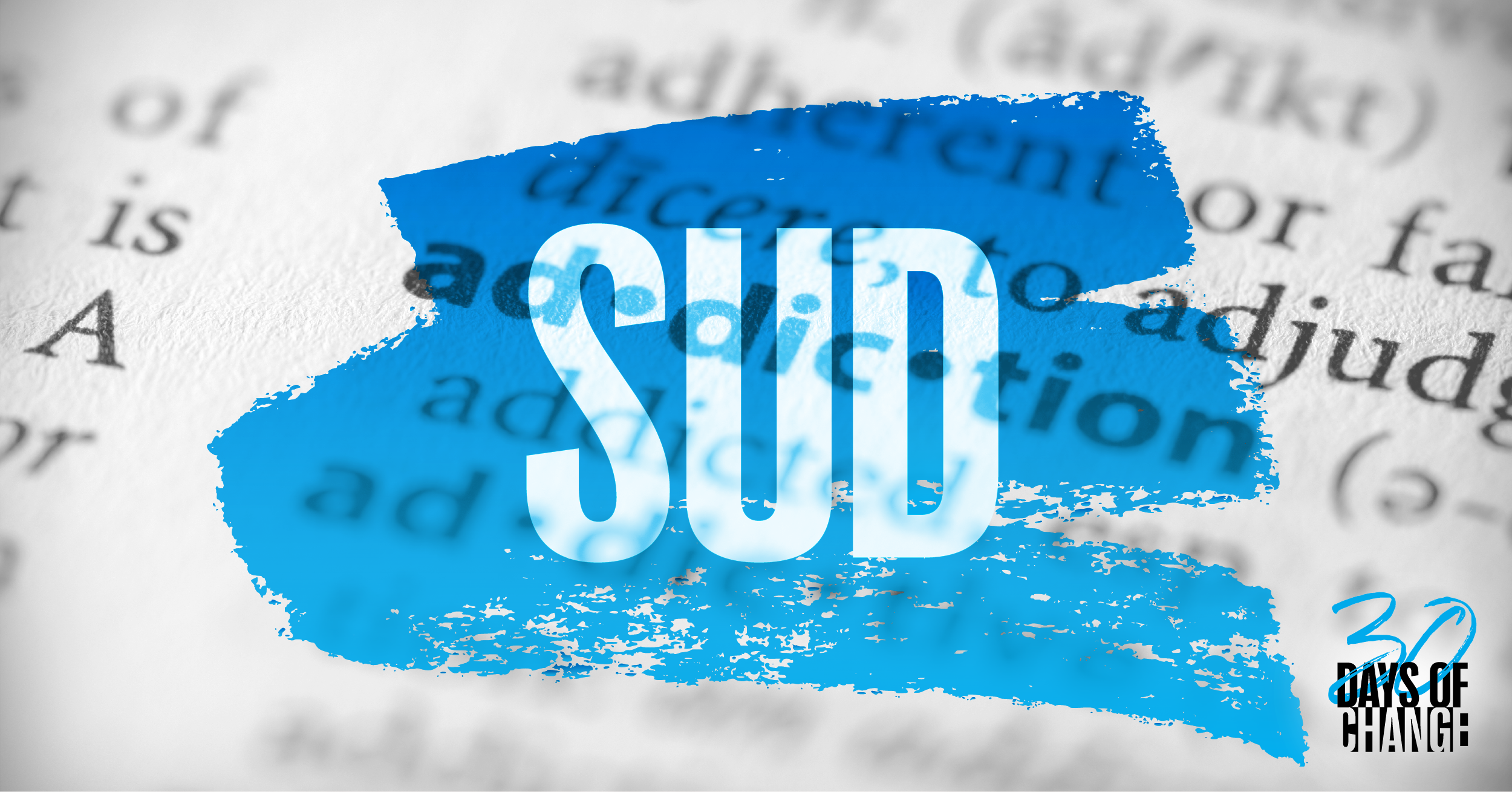As I reflected on my topic for this year’s 30 Days of Change, I considered changing things up, but like it or not, addiction is what I know best. I’ve pored over the science of it, sure, but I’ve also lived through it — and changing behaviors begins with empathy, followed by raising awareness and influencing attitudes. I don’t know that anyone is better qualified to tackle a sensitive subject than someone who’s personally experienced it. What else am I going to do with all of this righteous anger? Because despite decades of evidence proving that SUDs are mental disordersinvolving complex interactions among brain circuits, genetics, the environment and an individual's life experiences, many people still believe they’re a choice, or worse yet, a moral failing. These harmful misconceptions have only exacerbated the stigmas that bar many sufferers from asking for help.
I struggled to distill my thoughts into a single blog post, so I thought to myself, Why do one when I could do several? (Which is precisely the kind of logic that led to my alcohol use disorder in the first place, I know!) Today, I’ll share a bit of my own experience with an SUD, along with breaking down some diagnostic criteria and root causes. Hopefully, by the end of part I, you’ll have a deeper understanding of addiction and empathy for those who suffer from it.


